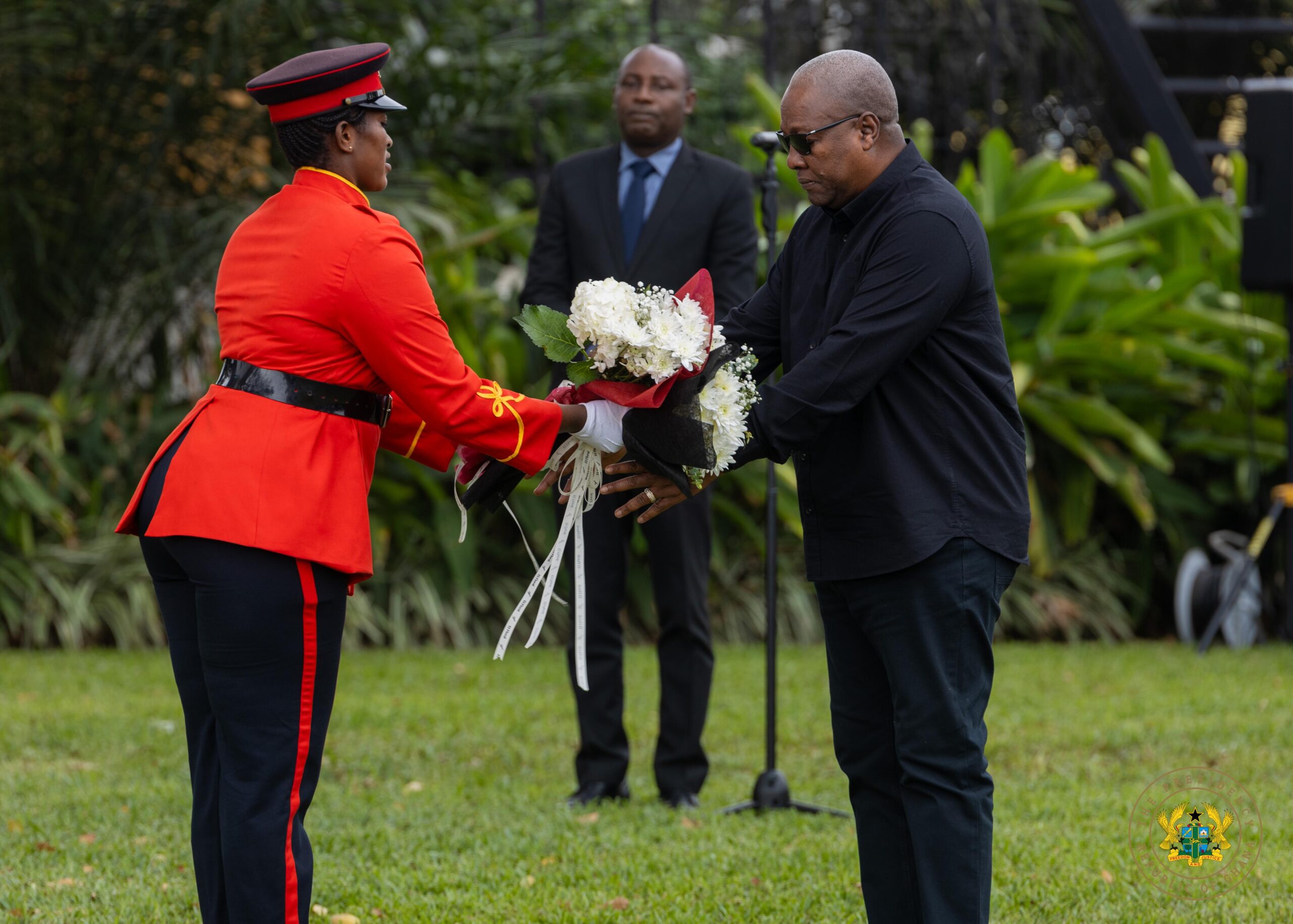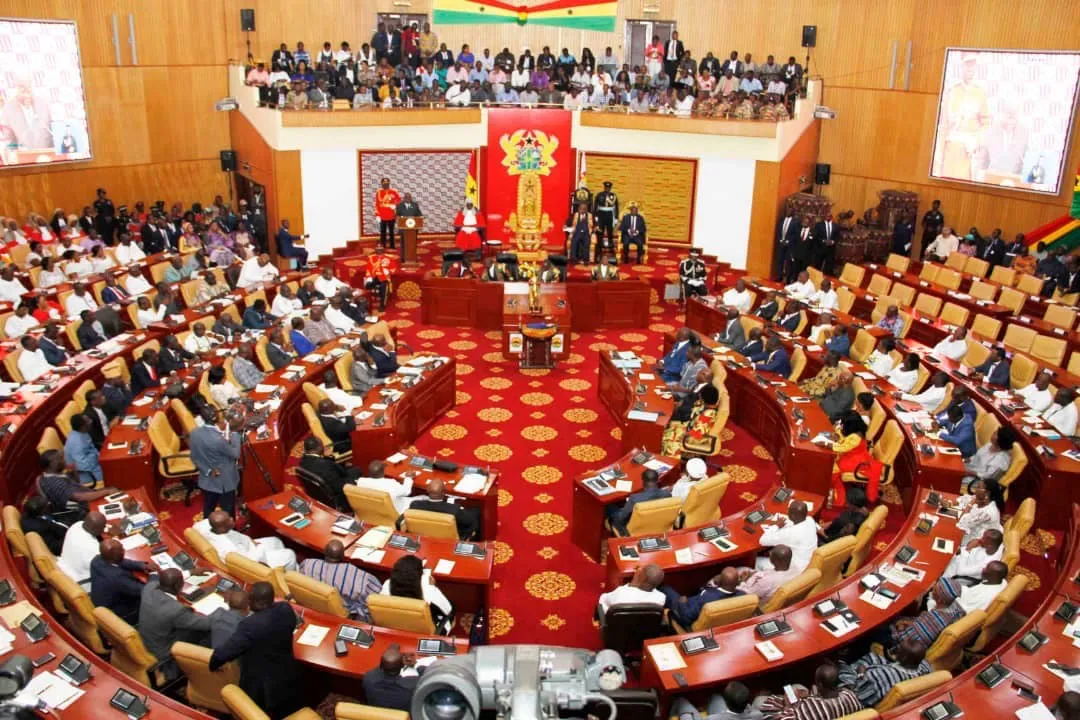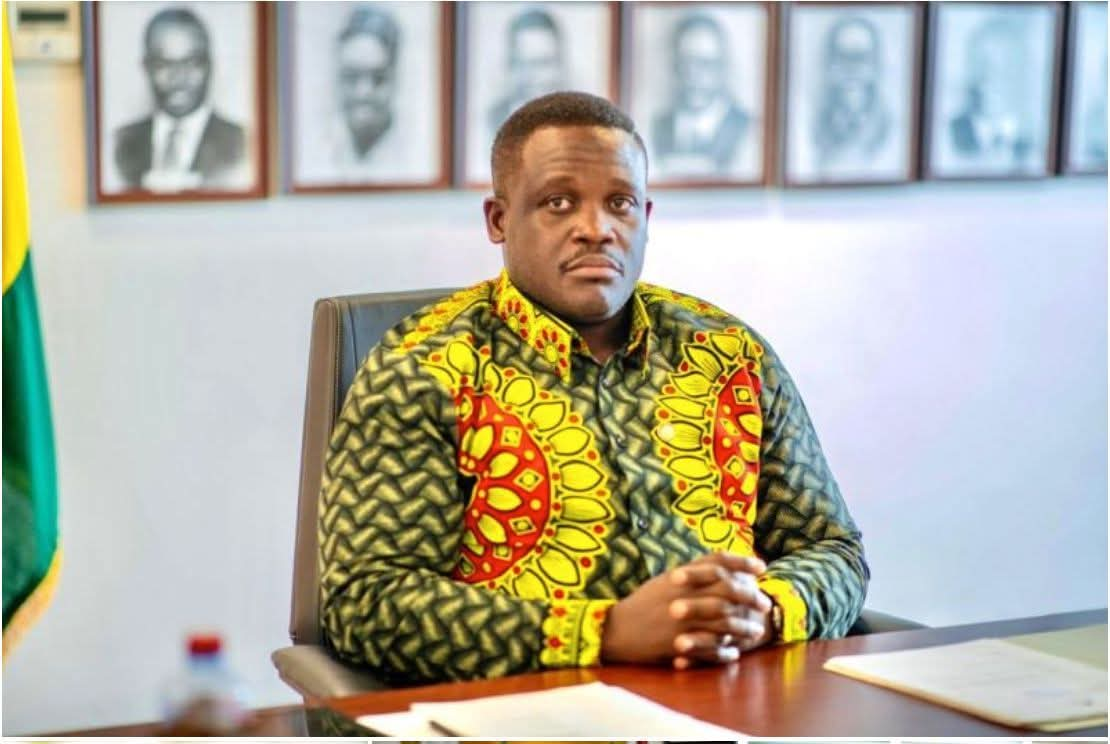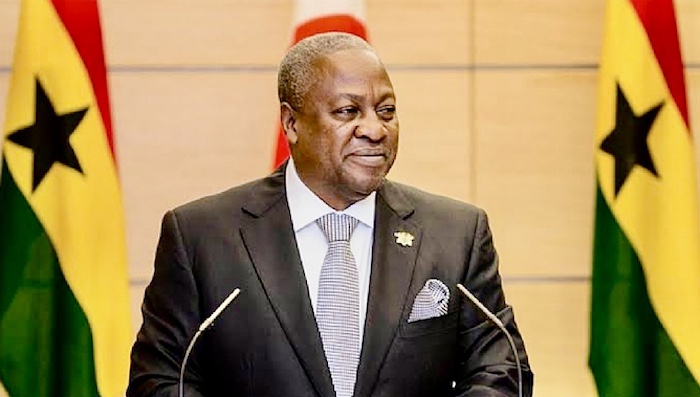The Presidential Envoy on Interfaith and Ecumenical Relations, Elvis Afriyie Ankrah, has disclosed that his office has received more than 200 prophecies since the government issued a directive for their formal submission. However, he noted that the overwhelming majority lacked substance.
Speaking in the aftermath of the August 6 helicopter crash that claimed eight lives, Mr. Afriyie Ankrah stressed that only a small fraction of the prophecies merited serious consideration.
“By and large, 70–80% is of no substance,” he said. “Among the rest, perhaps 2–5% may warrant further investigation.”
The directive, issued on August 10, encouraged church leaders and faith-based organisations to formally channel prophecies relating to national security, political leadership, or public stability through the envoy’s office. The move, according to authorities, is aimed at distinguishing genuine spiritual insight from fear-inducing speculation.
Mr. Afriyie Ankrah further explained that his office is not solely a “collector of prophecies” as some reports and social media memes have suggested. Instead, its broader mandate involves building interfaith partnerships with local and international bodies such as ECOWAS, the African Union, the United Nations, and various religious councils in Ghana.
He emphasised that sensitive prophecies with potential security implications should not be broadcast publicly but submitted discreetly for responsible handling. To this end, the office has established a WhatsApp platform and an official email channel for submissions.
Citing scripture, he argued that reviewing and testing prophecies is consistent with biblical principles, not a threat to religious freedom.
“The Bible itself encourages the testing of prophecies. Testing means there is room for review. There’s a lot that is completely bogus, but there may be a few that have some substance,” he explained.
Highlighting the importance of interfaith relations, Mr. Afriyie Ankrah observed that over 90% of Ghanaians belong to one faith or another, making religion a vital part of governance and social cohesion.















